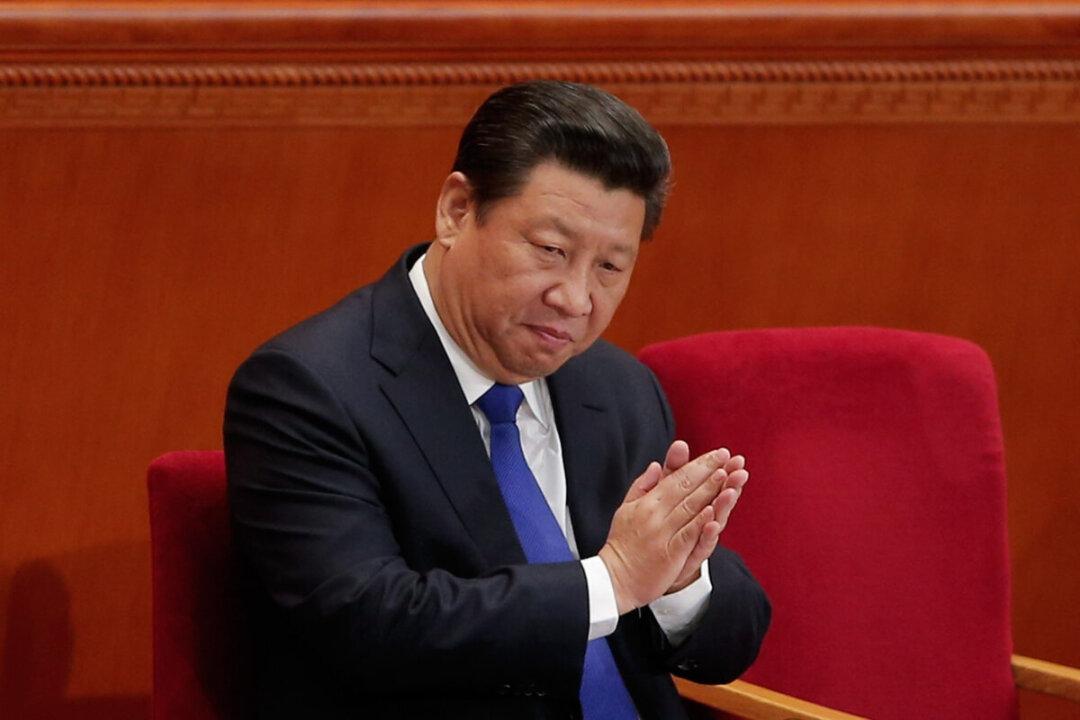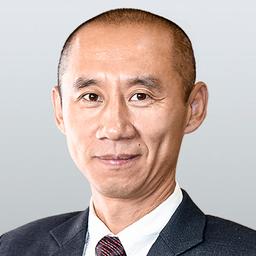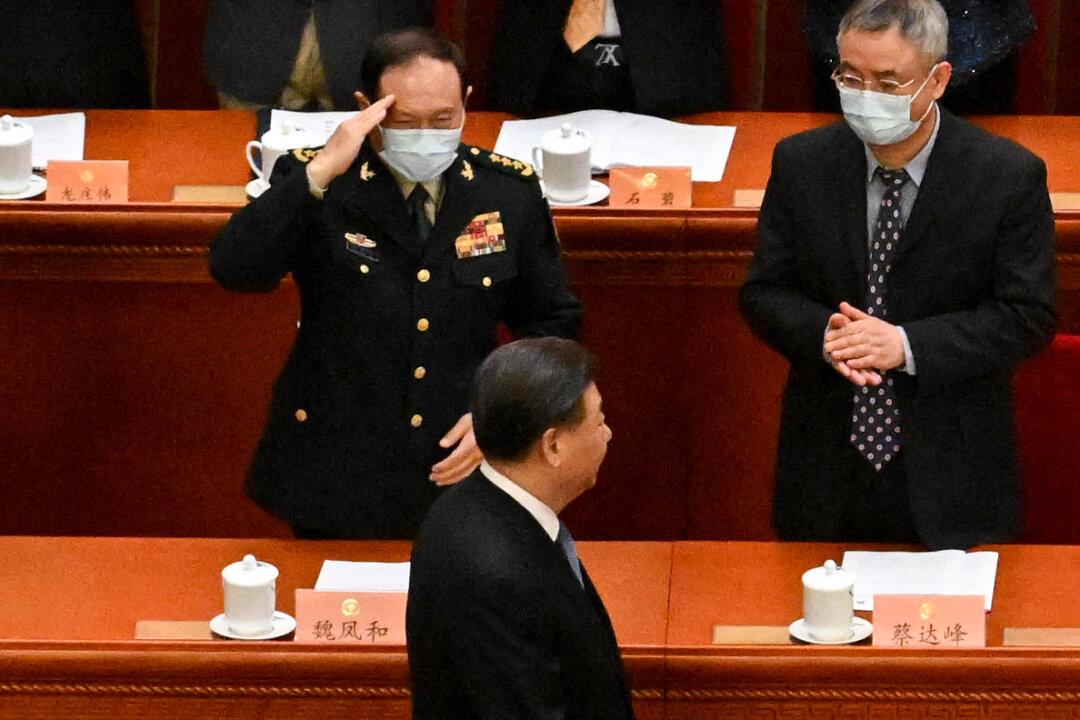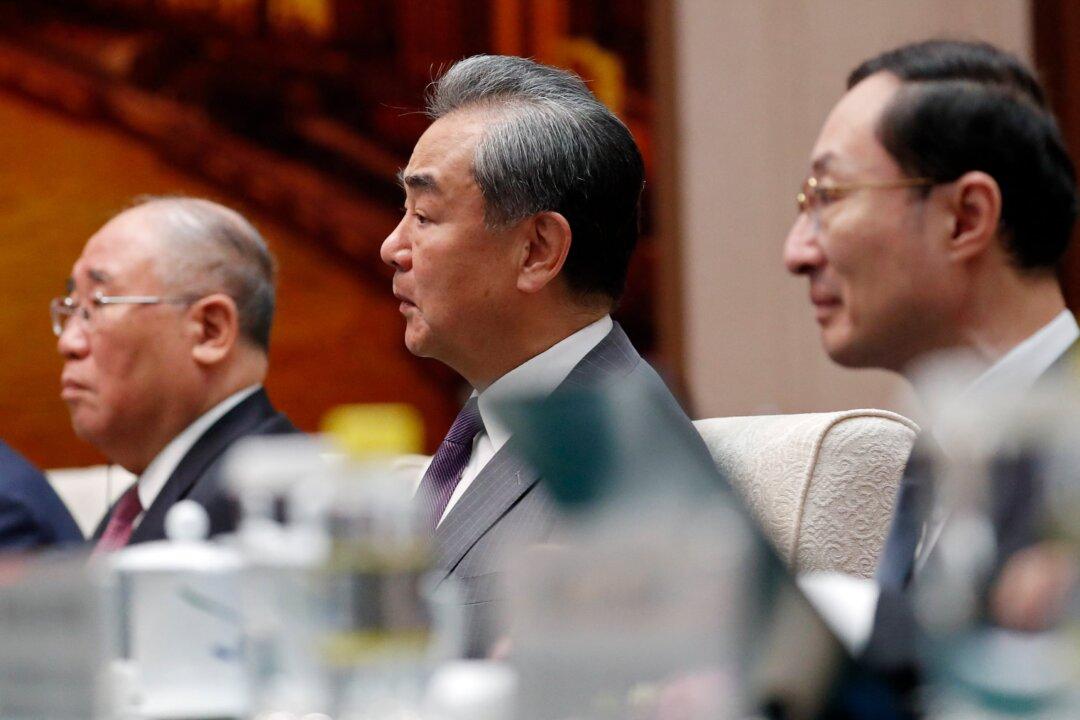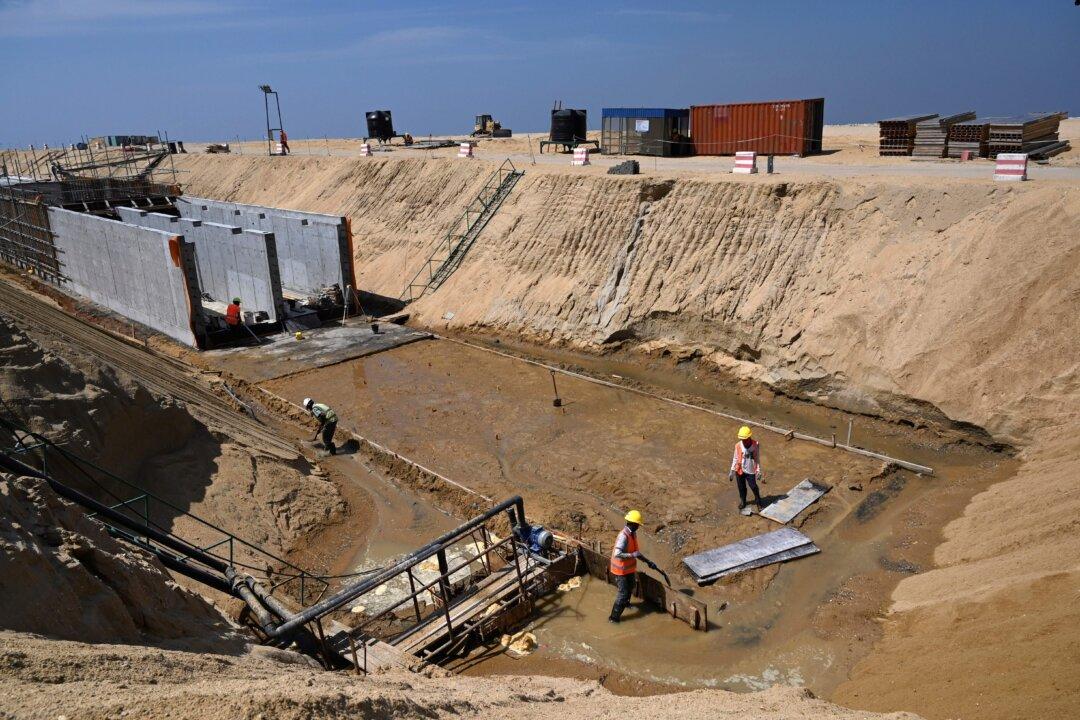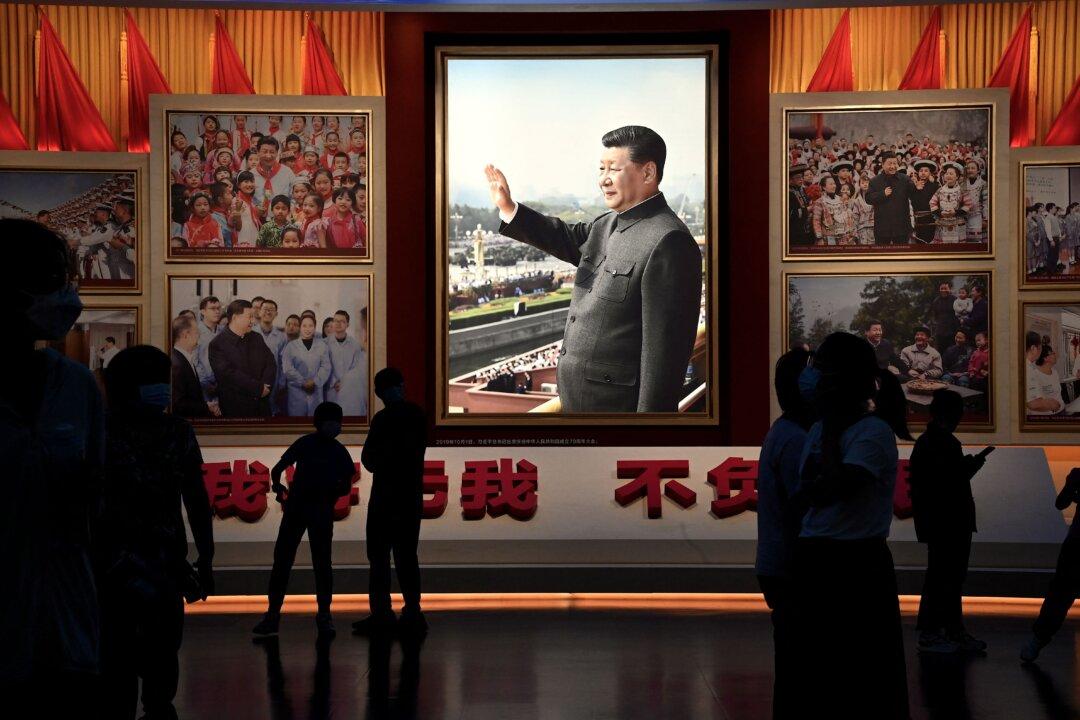News Analysis
While Xi Jinping’s third term administration will be shaping up in the coming March at the two critical meetings of the Chinese Communist Party (CCP)—National People’s Congress and the Political Consultative Conference, a vast purge of senior officials has been extending across the country. Experts said the move is part of Xi’s efforts to redistribute power within the party.
